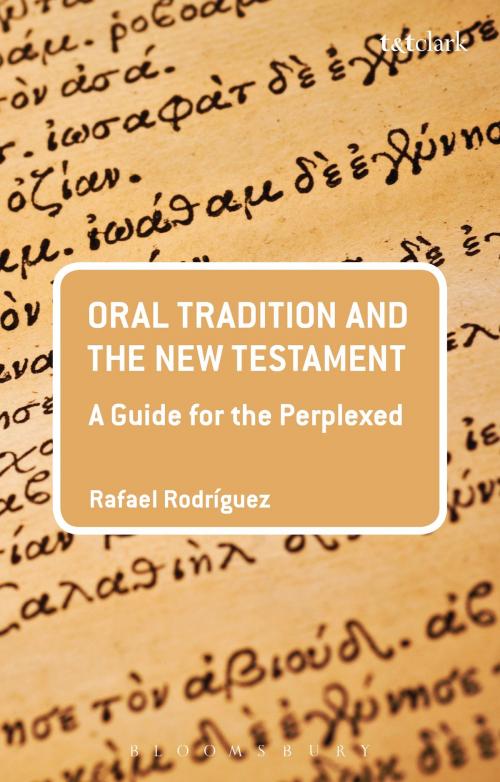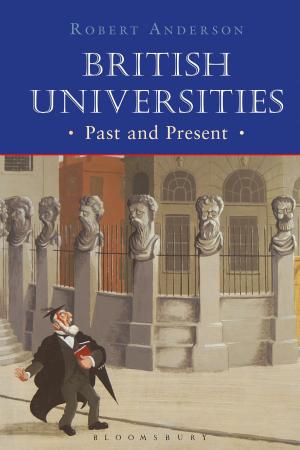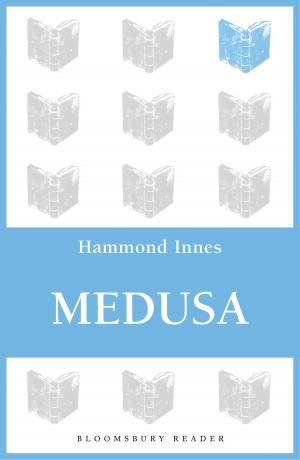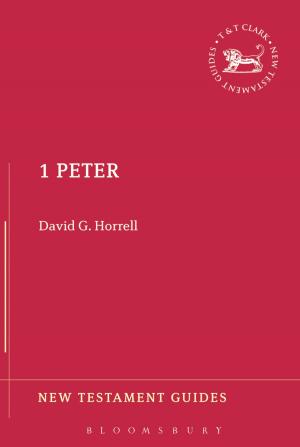Oral Tradition and the New Testament
A Guide for the Perplexed
Nonfiction, Religion & Spirituality, Bible & Bible Studies| Author: | Dr Rafael Rodriguez | ISBN: | 9780567442543 |
| Publisher: | Bloomsbury Publishing | Publication: | December 5, 2013 |
| Imprint: | T&T Clark | Language: | English |
| Author: | Dr Rafael Rodriguez |
| ISBN: | 9780567442543 |
| Publisher: | Bloomsbury Publishing |
| Publication: | December 5, 2013 |
| Imprint: | T&T Clark |
| Language: | English |
The last three decades have seen an explosion of biblical scholarship on the presence and consequences of the oral expression of tradition among Jesus' followers, especially in the earliest decades of the Common Era. There is a wealth of scholarship focused on 'orality'. This scholarship is, however, abstract and technical almost by definition, and to date no introductory discussion exists that can introduce a new generation of biblical students to the issues being discussed at higher levels of scholarship. Rafael Rodriguez address this gap.
Rodriguez adopts a fourfold structure to cover the topic, beginning with basic essentials for further discussion of oral-tradition research and definitions of key terms (the 'what'). He then moves on to discuss the key players in this area (the 'who') before examining the methods involved in oral-tradition research among New Testament scholars (the 'how'). Finally Rodriguez provides examples of the ways in which oral-tradition research can bring texts into clearer focus (the 'why'). The result is a comprehensive introduction to this key area in New Testament studies.
The last three decades have seen an explosion of biblical scholarship on the presence and consequences of the oral expression of tradition among Jesus' followers, especially in the earliest decades of the Common Era. There is a wealth of scholarship focused on 'orality'. This scholarship is, however, abstract and technical almost by definition, and to date no introductory discussion exists that can introduce a new generation of biblical students to the issues being discussed at higher levels of scholarship. Rafael Rodriguez address this gap.
Rodriguez adopts a fourfold structure to cover the topic, beginning with basic essentials for further discussion of oral-tradition research and definitions of key terms (the 'what'). He then moves on to discuss the key players in this area (the 'who') before examining the methods involved in oral-tradition research among New Testament scholars (the 'how'). Finally Rodriguez provides examples of the ways in which oral-tradition research can bring texts into clearer focus (the 'why'). The result is a comprehensive introduction to this key area in New Testament studies.















